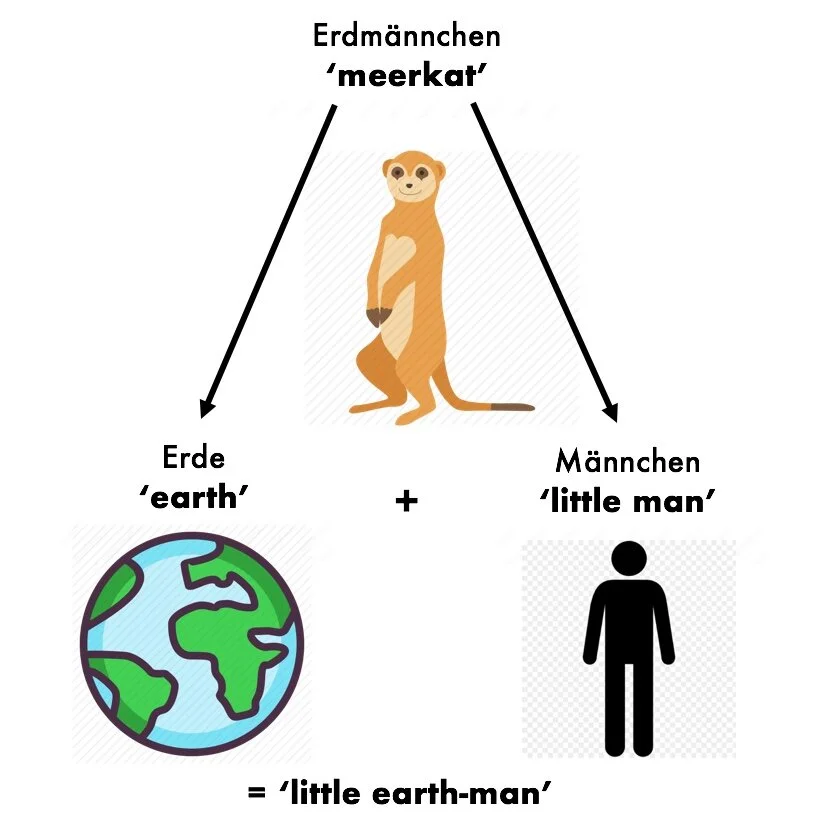An overview of the ways that pronunciations in Mandarin, Japanese, and Korean reflect the sound system of Middle Chinese.
Read MoreLanguage learning content created and curated by the LanGo team to help our students and community members discover, learn, and speak a new language.
Featured Posts
Content Categories and Tags
- Vocabulary
- SoundCorrespondences
- LanguageHumor
- FrenchInEnglish
- ConversationHours
- Immersion
- WordOrigins
- Onset
- OriginStory
- SocialMedia
- PhrasalVerbs
- EnglishThroughFilm
- Contest
- SocialEvents
- SoundChanges
- Morpheme
- Pronunciation
- WritingSystem
- Coda
- Multilingual
- VerbInflection
- 'Radicals'
- Morphology
- LanguageChange
- Games
- Latin
- Phonology
- Vowels
- TravelStories
- Resources
- LanguageLearning
- Triphthongs
- Nucleus
- WordDerivation
- LanGoTeam
- LanGoingsOn
- CJK
- Wordplay
- Dialects
- MandarinChinese
- CharacterAnalysis
- BeginnerKorean
- Core Argument
- Infinitive
- Linguistics
- Phonetics
- LanguageTeaching
- Stories
- ChineseCharacters
- ProjectBasedLearning
- Syllable
- ESL
- Cross-Linguistic
- Morphophonemics
- Spelling
- Diphthongs
- Consonants
- Grammar
- Transitivity
- BeginnerChinese
- Reading
- HistoricalLinguistics
- SummerCamps
- Music
- Neologisms
- Words
- Writing
- IPA
- Online
- Variation
- Syntax
- BeginnerGerman
- RomanceLanguages
- ClassroomActivities
- Verbs
browse all posts
A comparison of sound correspondences across words in three languages: Chinese, Japanese, and Korean.
































Tools for helping you master some of the trickier points of German grammar, whether you’re learning it for the first time or wanting to review the fundamentals. Los geht’s!